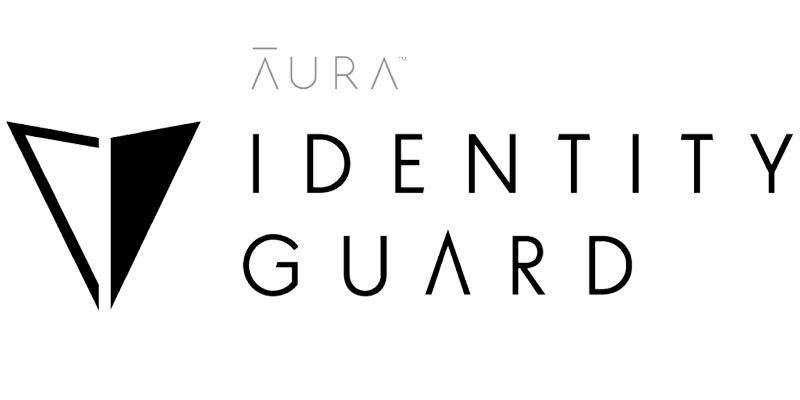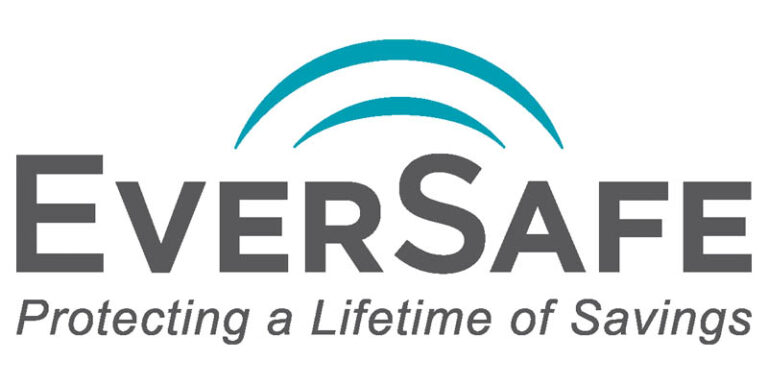Is Identity Theft Protection Worth It?
Updated:
Retirement Living takes an unbiased approach to our reviews. We may earn money when you click a partner link. Learn More

If you feel like you see a new story about a data breach or financial hack in the news every week these days, you’re probably right. 2017 saw over 16.5 million cases of identity fraud – a record number of cases.
The prospect of your identity being stolen is a scary one, and if you’re not familiar with how credit reports work, you can be tempted to pay for a credit monitoring service. But are they really worth it? In short, they do provide a benefit, but it’s worth noting that nearly everything an identity theft protection service offers, you can do on your own.
For many people though, it’s worth the cost simply knowing someone else is watching out for their sensitive information. If you’re considering identity theft protection, here’s everything you need to know.
Great for cybersecurity support
Aura Identity Theft Protection
- Plans can include members of different households
- Investment account monitoring
How identity theft protection works
Identity protection services promise to keep an eye on your credit report and financial information for a monthly or yearly fee. But there’s one very important thing to be aware of: these services are mostly designed to alert you to something after it’s happened or to help you recover from theft, not to actively prevent it from happening. Identity theft protection services:
- Monitor your credit
- Look for unauthorized use of your personal information
- Alert you to potential threats to your identity
- Scan multiple devices and continuously update your protection software
- Work with you to restore your identity if it is stolen
On the monitoring and alert front, these companies will watch your credit report for any new accounts or inquiries. This is easily the most useful feature of the service, as many identity theft victims don’t know anything is wrong until their accounts are emptied and they have multiple new lines of credit in their name. When it comes to recovery, these companies help customers actually get their money back and repair any damage to their credit.
Choosing the best identity theft protection service
If you decide you want to use an identity theft protection service, make sure it offers credit monitoring and identity theft monitoring. Reputable identity theft protection services typically offer both.

You’ll want to avoid credit monitoring from one of the “big three” agencies. Some of these services only monitor one agency (which is almost useless), some have less coverage than outside services, and some actually limit your ability to sue if your data is exposed, as we recently saw with Equifax.
Some of the most trusted, most popular identity protection services are Identity Guard, Lifelock, IdentityForce, and ID Watchdog. Make sure the service you use goes beyond just checking your credit report though, as some types of fraud, like taking out a payday loan in your name, won’t show until the loan goes to collections. You’ll want the identity theft service to monitor for payday loan sites, court records, change of address databases and black market sites as well.
What is the best alternative to identity theft protection?
If you don’t want to make monthly or yearly payments to make sure your financial information is secure, there is one major step you can do on your own aside from simply checking your credit report regularly – freezing your credit.
Each of the major credit reporting services – Experian, TransUnion, and Equifax, allows customers to place a freeze on their credit at no charge and at no damage to their credit score. While this freeze is in place, no new lines of credit can be opened. A freeze can be undone at any time, and both freezing and thawing out are often as simple as logging on to the individual website for each agency.
Eighty-five percent of identity fraud involves the use of a current account, so freezing your credit isn’t a foolproof method. But if you don’t plan on opening new credit anytime soon, it’s a choice you should probably make. And given the ease of reversing the choice (it takes just a few minutes and takes effect immediately), it’s not a bad idea to freeze your credit even if you think you may be opening new accounts.
Compare Top Identity Theft Protection Companies
Who should purchase identity theft protection?
While they may not be right for everyone, identity theft protection services are legitimate companies and provide a legitimate service. There are a few types of people who would benefit from paying for credit monitoring – people who have already had their identity stolen at one point, people who had their data exposed in a breach, and people who know they won’t take the time to monitor their credit on their own. Whatever you decide, it’s a good idea to know what to do if you discover your identity has been stolen.
With the world becoming mostly online, your online presence reaches wider than you might imagine. From social media to making purchases online, your private information is being stored online at a higher rate. If you don’t want to be bothered with constantly monitoring your online identity or you just want to make sure you have the highest level of protection, you can trust a credit monitoring service to keep you safe.


